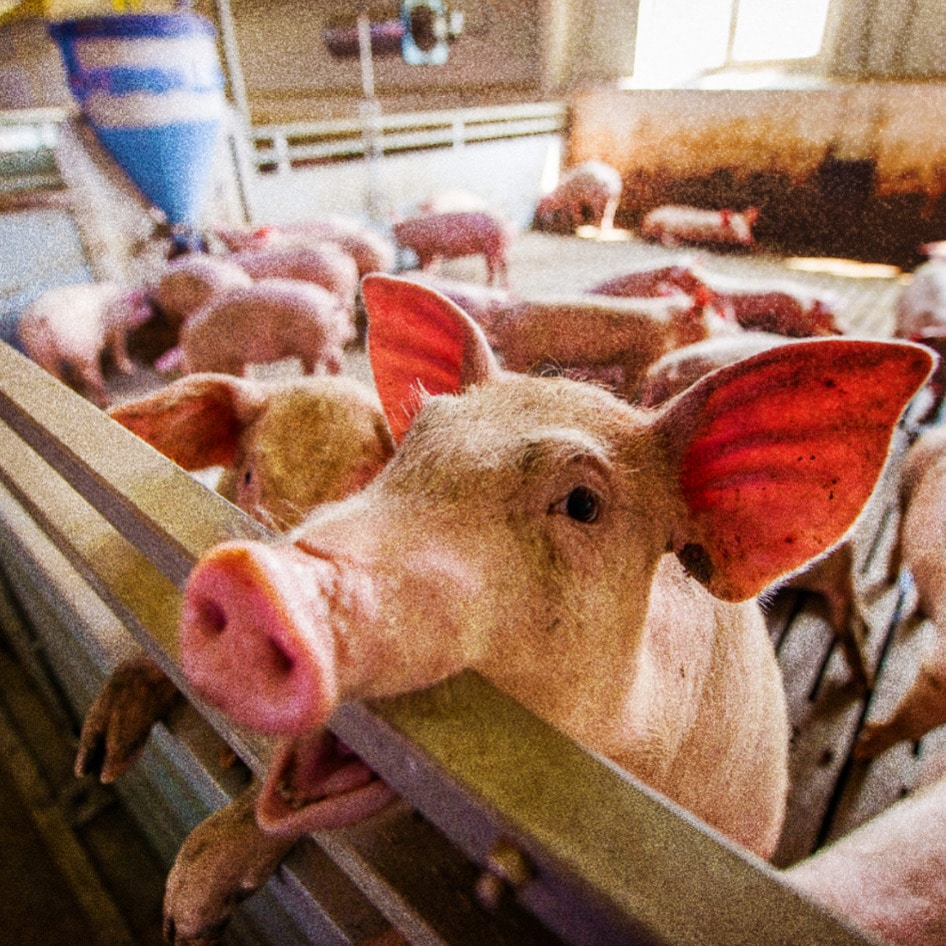Slaughter-free meat will be manufactured and distributed across Japan thanks to a partnership between Israel-based cellular agriculture startup Aleph Farms and the Mitsubishi Corporation’s Food Industry Group. Under a Memorandum of Understanding (MoU) agreement signed this month, Aleph Farms will provide its BioFarm manufacturing platform for use of cultivating whole-muscle steaks on a large scale while the Mitsubishi Corporation—which operates 1,700 group companies in 90 countries—will provide its expertise in biotechnology processes, branded food manufacturing, and local distribution channels in Japan.
“The MoU with Mitsubishi Corporation’s Food Industry Group marks an important milestone for us, as we methodically build the foundations of our global go-to-market activities with selected partners,” Aleph Farms Co-Founder and CEO Didier Toubia said. “The cooperation demonstrates Aleph Farms’ strategy of working together with the food and meat industries to ensure a successful integration of cultivated meat within the ecosystem, while maximizing the positive impact we make. We are excited to bring cultivated meat production closer to the Japanese market.”
Growing meat outside of the cow
In 2018, Aleph Farms first unveiled its cell-based steak, which it grows from a small amount of animal cells under controlled conditions outside of the cow. Since then, the startup has increased the size of its steak and adapted it to be viable for large-scale production. Last month, Israel’s Prime Minister Benjamin Netanyahu sampled Aleph Farms’ cultured meat, becoming the world’s first head of state to taste meat grown outside of the animal.
Meeting Japan’s climate goals with slaughter-free meat
Japan is the world’s fifth-largest emitter of greenhouse gases and is currently working to achieve its stipulated goal of reducing its carbon footprint by 80 percent by 2050—a goal that novel food technologies such as cultured meat can help accelerate.
Last year, Aleph Farms demonstrated the environmental benefits of its cell-based steak by growing it on the International Space Station outside of Earth’s orbit, showing that the technology can create food sources with very limited natural resources such as land and water. To further improve its eco-footprint, in April 2020, Aleph Farms committed to eliminating emissions associated with its meat production by 2025 and reach the same net-zero emissions across its entire supply chain by 2030.
The partnership will also help Japan become more protein independent. Currently, the densely populated country imports 60 percent of its food due to limited resources such as agricultural land mass. However, producing cultured meat domestically gives Japan an opportunity to feed its 127 million citizens without relying so heavily on imports.
Roadblocks
One of the challenges of bringing this novel technology to market has been government regulatory approval. In December, Singapore became the first country in the world to grant approval to California-based startup Eat Just to sell its cultured chicken—which it quickly debuted on the menu of upscale experiential restaurant 1880 later that month. With Singapore’s approval, cellular agriculture companies expect other countries to follow.
Currently, Aleph Farms and the Mitsubishi Corporation are part of the “Cellular Agriculture Study Group,” a consortium implementing policy proposals under the Japanese Center for Rule-Making Strategy in an effort to help define the standards around the emerging industry and help slaughter-free meat overcome the hurdle of regulatory approval.
JUMP TO ... Latest News | Recipes | Guides | Health | Subscribe
Photo Credit: Amir Ilan, Resident Chef at Aleph Farms







